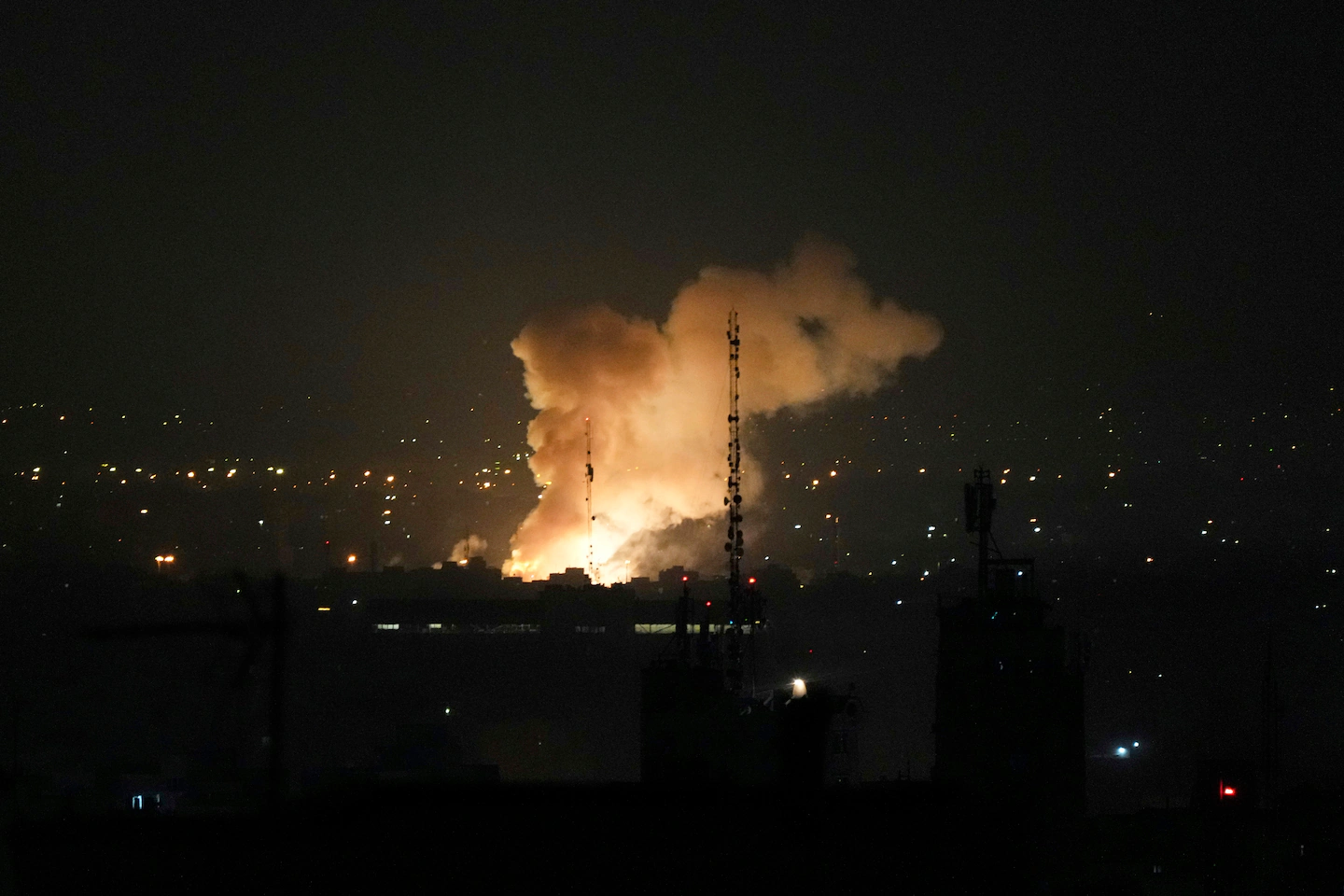15 Jun , 2025 By : Debdeep Gupta

Israel’s massive airstrikes on Iran’s nuclear infrastructure early Friday caused widespread damage to aboveground research and electrical facilities at Natanz and Isfahan but fell short of destroying Iran’s deeply buried uranium enrichment capabilities. According to satellite imagery, expert analysis, and statements from Israeli and US officials, the core of Iran’s weapons-grade uranium production—the thousands of centrifuges located deep underground at Fordow and Natanz—remains intact, the Washington Post reported.
Despite Prime Minister Benjamin Netanyahu’s claim that Israel had “struck at the heart of Iran’s nuclear enrichment program,” nonproliferation experts say the strikes did not eliminate Iran’s stockpile of highly enriched uranium or its most sensitive manufacturing sites.
Fordow remains operational, keeping Iran’s breakout window open
The Fordow facility, buried under a mountain near Qom, was not hit in the initial wave of strikes. Experts including Richard Nephew, a former US nuclear negotiator, stressed that until Fordow is neutralized, Iran’s nuclear clock continues ticking. “Until I know where that highly enriched uranium is and whether it’s usable, I consider us on the clock,” Nephew said.
Satellite analysis confirms that while some surface explosions occurred near Fordow, the main enrichment halls appear untouched. Eric Brewer of the Nuclear Threat Initiative warned that Iran could still produce bomb-grade uranium in under a week if Fordow and its stored materials remain functional.
Natanz hit hard aboveground but remains a threat below
The Natanz site saw more extensive damage. Satellite imagery showed the destruction of a power substation, which cut off electricity to both surface and underground operations. Analysts say the attack disabled the facility temporarily but did not destroy the underground chambers or the sophisticated centrifuge production lines housed there.
“They’ve disabled the facility by destroying the power, but they haven’t destroyed the facility in a way that would impact Iran’s long-term breakout capacity,” said Decker Eveleth, a satellite imagery analyst at CNA. Jeffrey Lewis of the Middlebury Institute added that the underground complex responsible for manufacturing advanced centrifuge components remains intact.
Focus of attack may have been military, not nuclear
Rather than neutralizing the nuclear infrastructure directly, Israeli strikes appear to have prioritized killing military officials and scientists while degrading Iran’s air defences. David Albright, a veteran nuclear expert, said Israel may have used the element of surprise to target leadership rather than risk a failed strike on hardened nuclear sites.
Military targets reportedly included a uranium metal facility in Isfahan, a missile complex in Parchin, and an air force base near Tabriz. These attacks, however, do little to reduce Iran’s nuclear breakout capability.
Fallout: inspections suspended, political backlash expected
The International Atomic Energy Agency (IAEA) confirmed that its inspectors have withdrawn from key sites for safety, halting monitoring of Iran’s enrichment levels and material storage. This blind spot raises fears of clandestine nuclear activity.
Kelsey Davenport of the Arms Control Association warned that the suspension of inspections increases the risk of diversion and accelerates uncertainty. “With Iran on the threshold of nuclear weapons, inspections are critical,” she said. “Israel has just ensured that there will be no inspections for some time.”
Experts now fear the attack may shift the balance of power within Iran toward hard-liners advocating a nuclear weapon. “The political momentum will doubtless shift to the bomb advocates,” said Jim Walsh of MIT’s Security Studies Program.
While Israeli officials insist the attacks were a pre-emptive measure in self-defence, analysts remain unconvinced the strikes have meaningfully delayed Iran’s nuclear progress—especially without US military involvement or access to bunker-busting munitions.
0 Comment